Shootout at the OK Corral
On October 26, 1881, the Earp brothers took on the Clanton-McLaury Gang at the OK Corral in Tombstone, Arizona. The shootout became one of the most famous events in the Old West.

On October 26, 1881, the Earp brothers took on the Clanton-McLaury Gang at the OK Corral in Tombstone, Arizona. The shootout became one of the most famous events in the Old West.
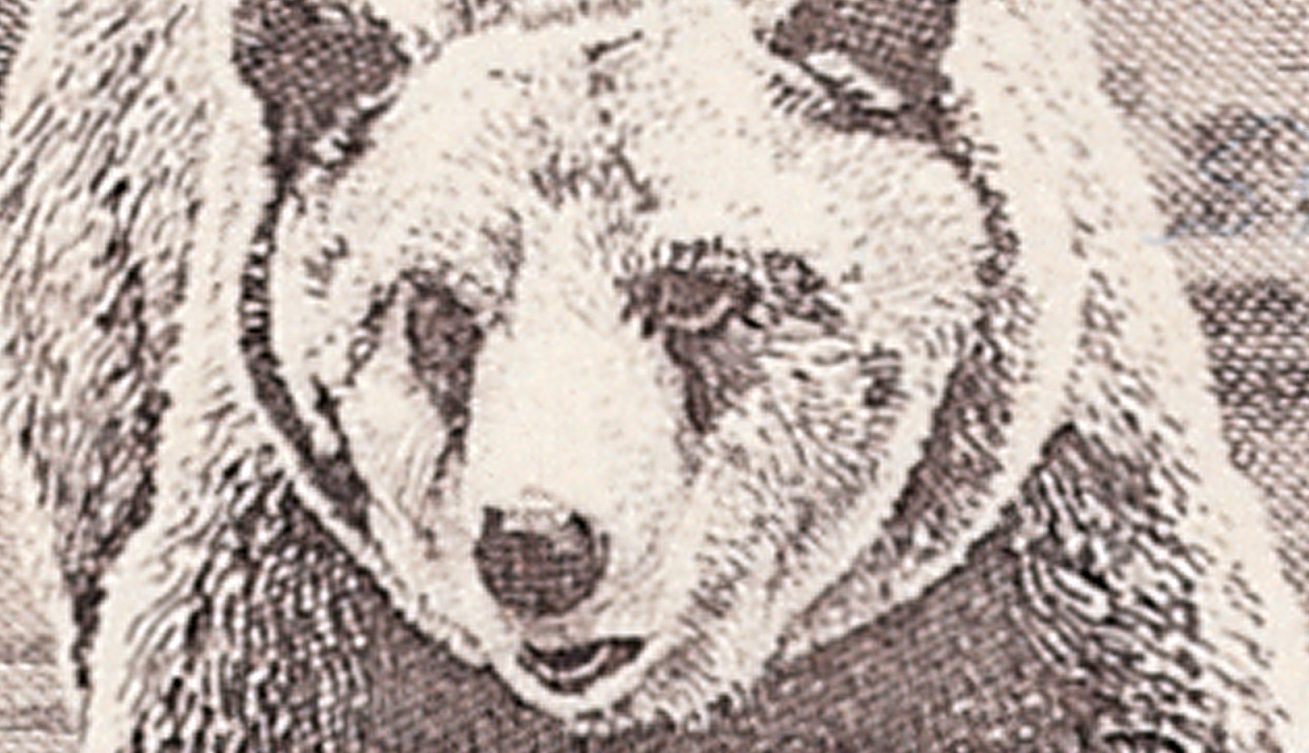
Effigy Mounds National Monument in Iowa was established on October 25, 1949. The monument protects and interprets the history behind about 200 mounds built by Native Americans centuries ago.
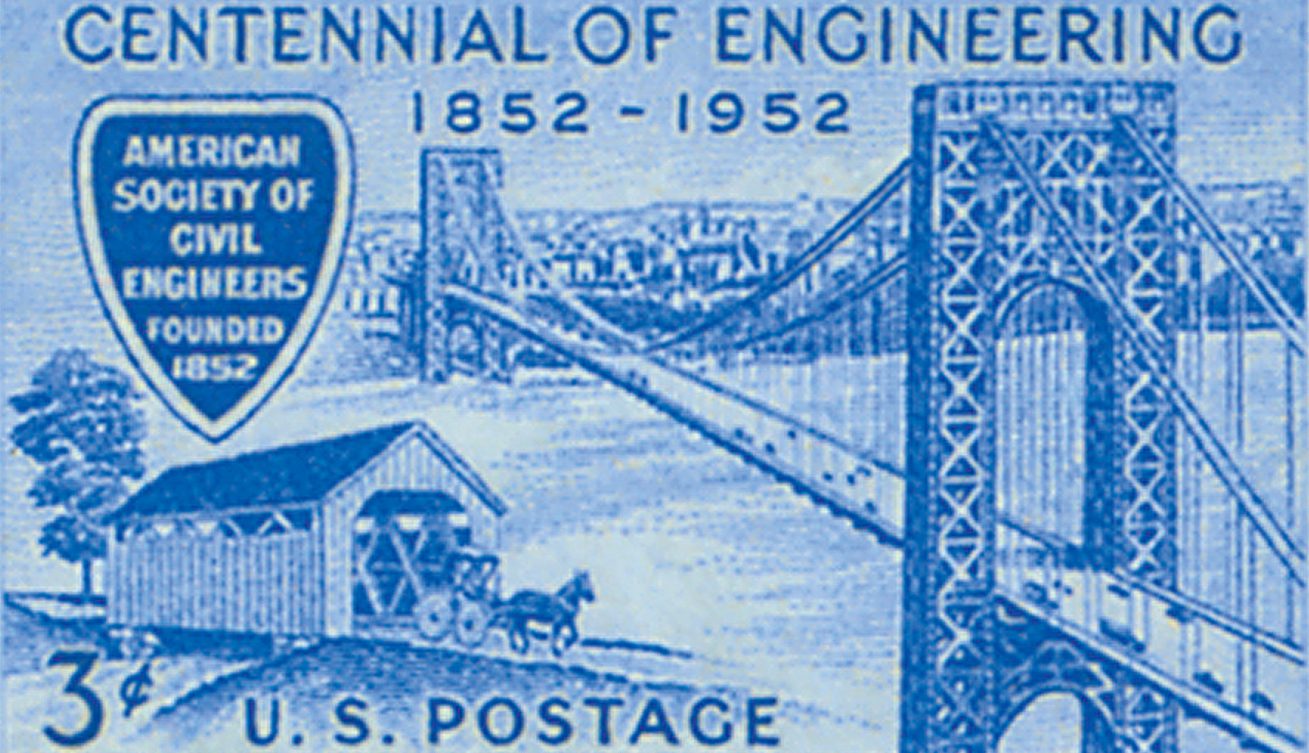
On October 24, 1931, the George Washington Bridge was dedicated, officially opening to traffic the next day. One of the world’s busiest bridges, the George Washington Bridge is also the world’s only 14-lane suspension bridge.
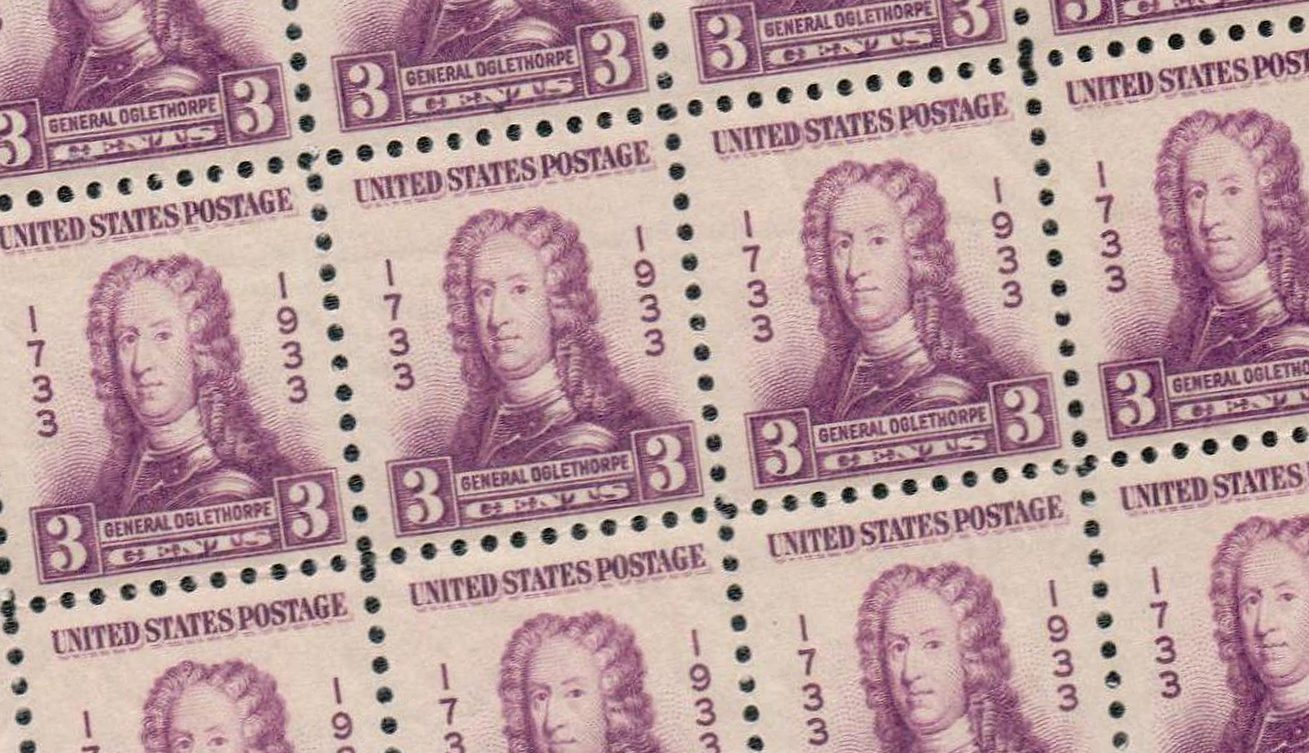
On October 23, 1972, Cumberland Island National Seashore was officially established in Georgia. Cumberland Island is the largest sea island in the southeastern United States and the most biodiverse of Georgia’s barrier islands.

On October 22, 1965, President Lyndon B. Johnson signed the Highway Beautification Act into law. The law had been spearheaded by his wife, and was even nicknamed after her, called “Lady Bird’s Bill.”
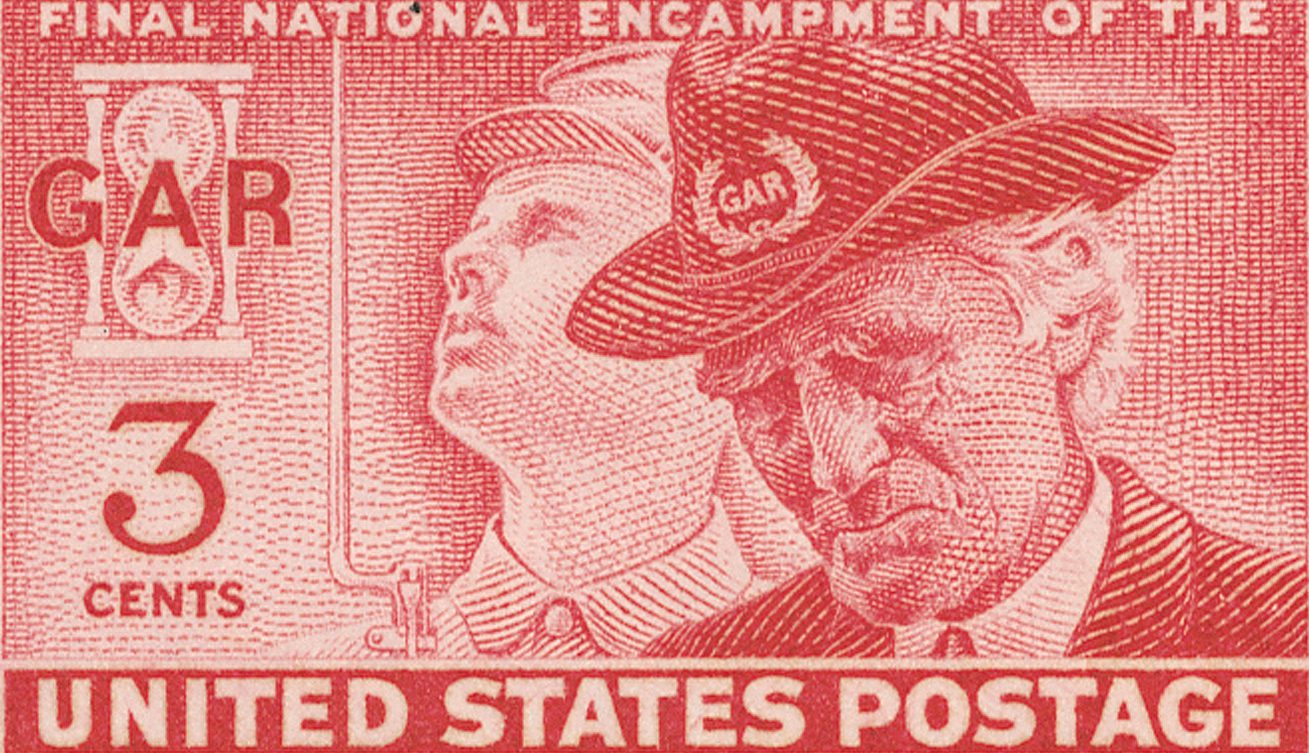
The Civil War Battle of Ball’s Bluff was fought in Loudoun County, Virginia on October 21, 1861. Though a minor battle and loss for the Union, it had some long-lasting effects on the war and some interesting historical connections.
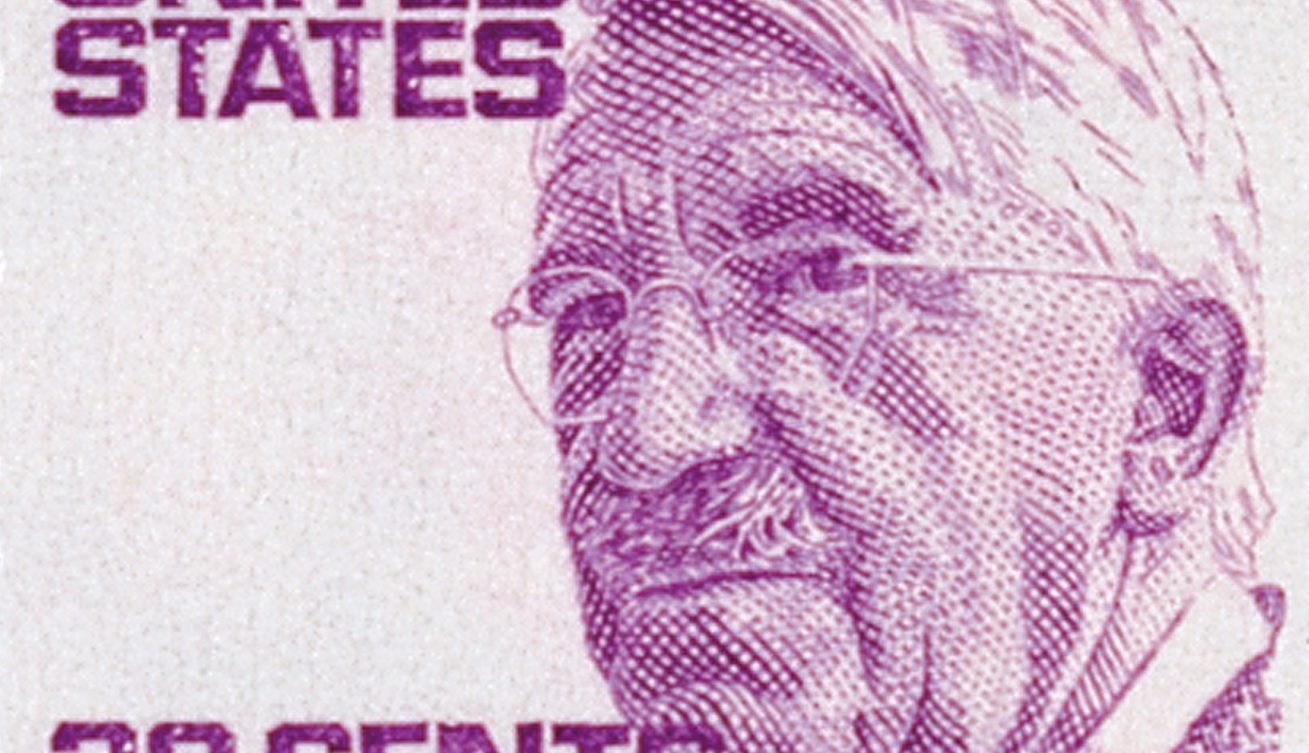
John Dewey was born on October 20, 1859, in Burlington, Vermont. A philosopher, psychologist, and educational reformer, he proposed educational theories that shaped education in America in the 20th century.
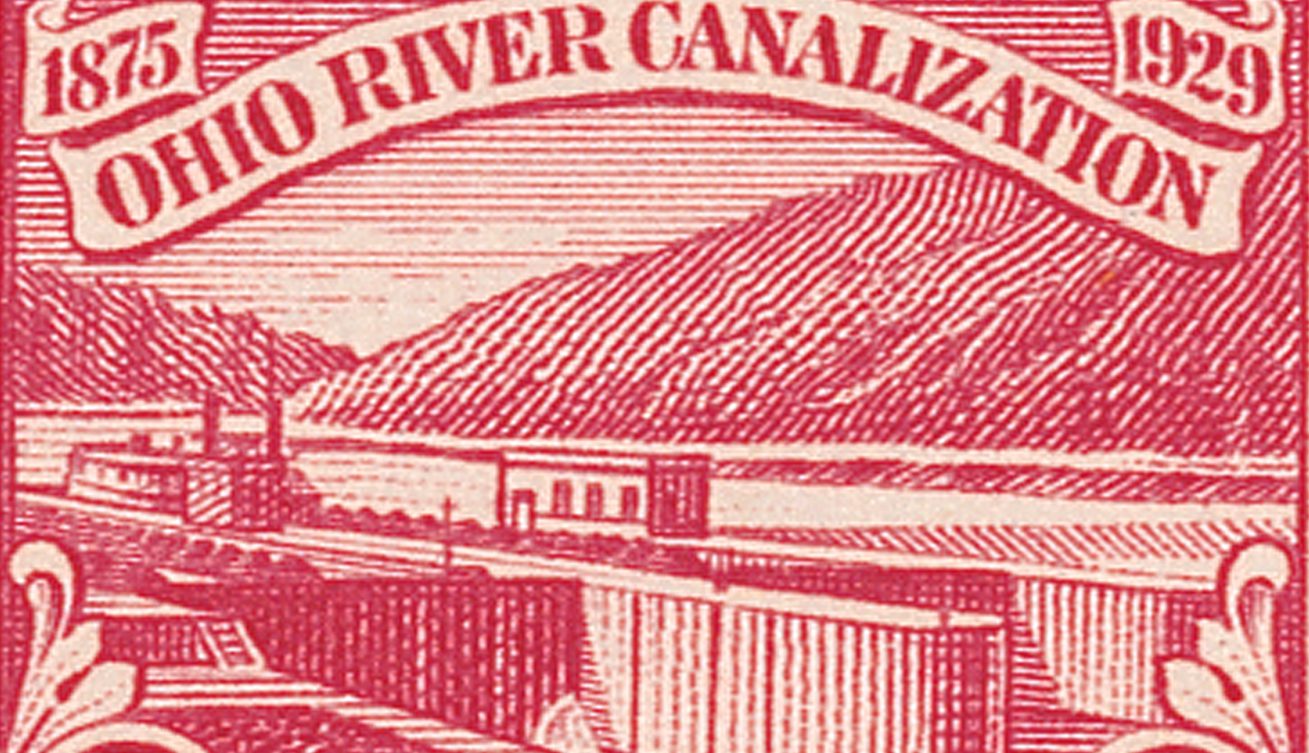
On October 19, 1929, the US Post Office issued a 2¢ commemorative honoring the canalization of the Ohio River. It came as the culmination of over 50 years of work on the project, which was a major engineering feat.
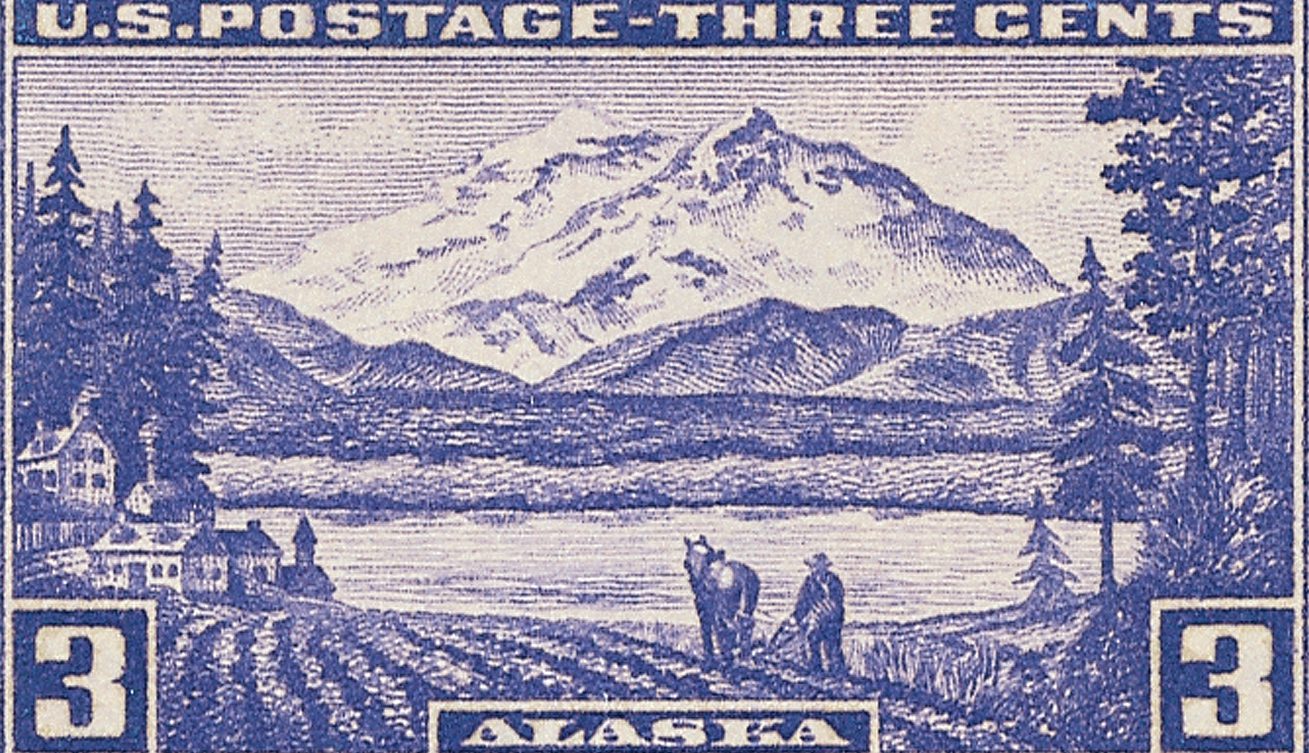
On October 18, 1937, the US Post Office issued the first stamp in a new series honoring the overseas territories of the United States. These stamps chronicled decades of US territorial expansion.